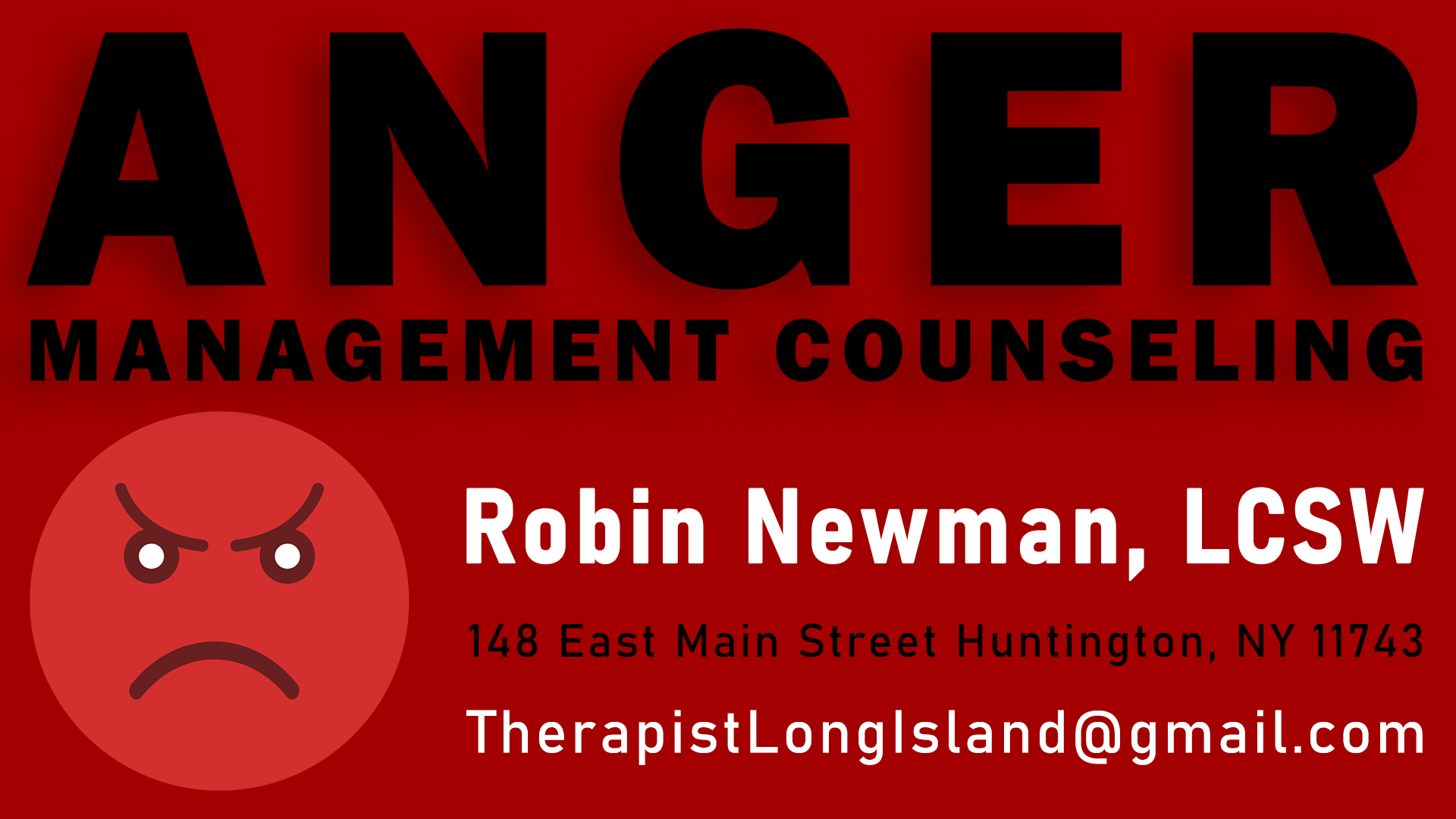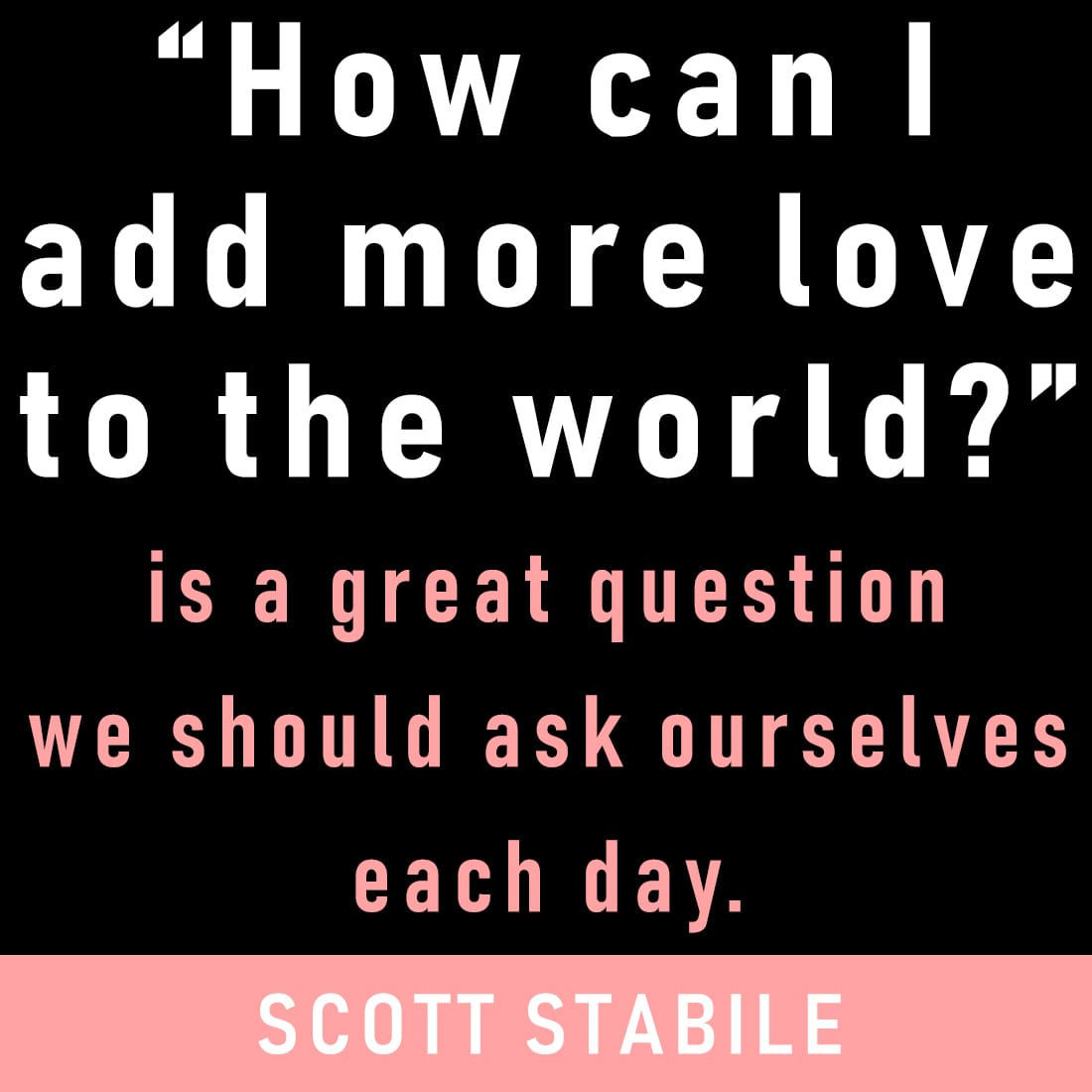-

Imago relationship therapists on Long Island discuss the benefits of Imago therapy.
Imago relationship therapists, Robin Newman and David Weber, both practicing on Long Island, discuss some of the benefits of Imago therapy. What made you decide that you wanted to be an Imago therapist and not a regular marriage counselor? David Weber: Well, in my early days of my career, I did regular marriage counseling, and…
-

Are therapists paid to agree with you?
Robin Newman, Imago relationship therapist: Are therapists paid to agree with you? I often get the question if I ever ‘agree’ with my clients. So, here’s my answer to that: I will always agree with blatant injustice. But, I feel that if I agree completely, I’m letting the person off the hook of looking at…
-

How we feed into our depression / anxiety
Another question that is often asked to me when people are calling me up to sort of screen me to see if I’m the right fit is they’ll ask me, how I work with their depression / anxiety? I try to approach it as a relational model. I do Cognitive Behavioral Therapy as well. Most…
-

Anger Management: Symptoms & Triggers
Anger is a natural response humans have to certain situations, and it should in no way be something we’re ashamed of. However, having troubles controlling your anger can be an issue. Problems with anger management, often called having “anger issues,” only becomes a problem when you can no longer control it. Anger shows itself as…
-

Counseling for low self-esteem.
Self-esteem determines the value we put on ourselves: our talents, abilities, and personal existence. In other words, it is an opinion about oneself of being worthy or unworthy of something in life. Self-esteem affects how we think and feel about our everyday life experiences. Low Self Esteem vs High Self Esteem A person with low…
-

How can I add more love to the world?
“How can I add more love to the world?” is a great question we should ask ourselves each day. – SCOTT STABILE Learn the communication process of Imago relationship therapy at our next couples workshop in Huntington, NY. The New York Times bestselling guide to transforming an intimate relationship into a lasting source of love and companionship. Getting…
